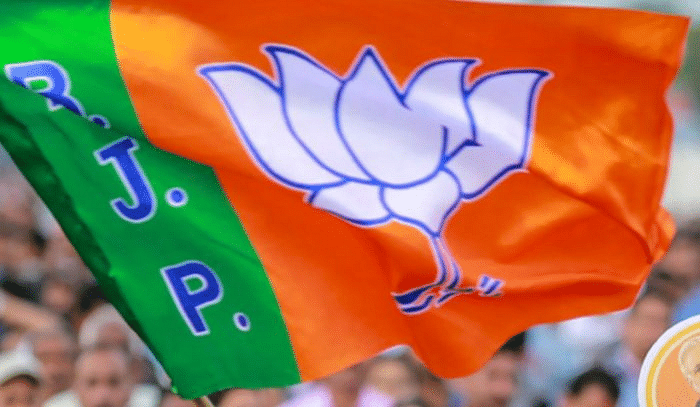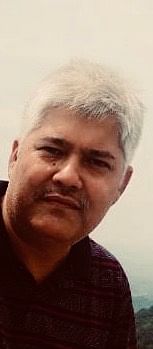
The BJP is likely to contest on around 90 of the total 126 assembly seats in Assam, leaving the rest for allies AGP, which could contest on two dozen seats and eight or nine for United People's Party Liberal (UPPL).
The BJP is also unlikely to field most of its 18 Lok Sabha MPs in assembly polls in West Bengal, where it is fighting a high-stake battle against Mamata Banerjee-led Trinamool Congress while it is betting big on deserters from Trinamool Congress including Suvendu Adhikari, who is likely to be fielded from Nandigram.
Though the party would be keen to give tickets to mostly new faces, the party is likely to give tickets to a number of leaders, who contested the 2019 Lok Sabha polls but could not win. Some of these candidates are also likely to be showcased at the mega rally of Prime Minister Narendra Modi on March 7.
Indications to this effect emerged at a meeting of the BJP's central election committee (CEC) that met on Thursday to finalise party candidates for the first two phases of polls in West Bengal and Assam on March 27 and April 1. BJP is likely to announce the names of around 150 candidates for West Bengal polls in next few days.
With the BJP unlikely to field its Lok Sabha MPs, the saffron party has left open the leadership question in West Bengal and would prefer to seek a vote in the name of PM Modi alone, a strategy it had deployed in the past in states like UP. Maharashtra and Haryana, where it lacked a clear Chief Ministerial face.
In all these states, the Chief Ministers were surprise choices that were made later. In West Bengal, most of the opinion polls, have however, given the Trinamool Congress a substantial edge than the BJP, which is however, gaining unexpected traction in comparison to its poor political past in state politics.
The CEC could hold another round of meetings tomorrow and then on March 9.
The CEC meeting that continued till late night and was attended by Modi, Home Minister Amit Shah and BJP chief J P Nadda among others deliberated in detail on the candidates and political scenario in the respective regions.
West Bengal is particularly high on the agenda of the BJP, which had recorded a nine-fold jump in last Lok Sabha polls there winning 18 seats from just two in 2014 general elections but the saffron party is mired by absence of a strong local face to take on Banerjee as well as poor organisation network especially in rural Bengal. In Assam the BJP came to power for the first time in 2016 and the results will show whether its Chief Minister Sarbananda Sonowal proves a flash in the pan or manages to retain his hold with the help of master strategist Himanta Biswa Sarma, a Congress import, who helped the BJP expand its footprint widely across the North East in last six years.
The CEC is likely to clear the names of the candidates for most of the seats of West Bengal and Assam as the BJP is keen to give enough time to the candidates to prepare particularly in West Bengal, where it had won only three of the total 294 assembly seats in 2016. While the three-phased polls will conclude in Assam on April 6, the eight-phased elections in West Bengal ends on April 29. Kerala, Tamil Nadu and Puducherry go to polls in a single phase on April 6.
The election in Nandigram which is likely to witness a direct contest between Chief Minister Mamata Banerjee and Suvendu Adhikari, earlier her close confidante, may have a bearing on close to three dozen seats adjoining it and hence both the parties are focussing big on the region, where farmer issue has been a sensitive subject.
